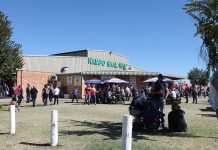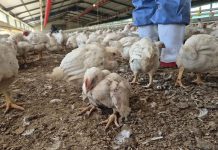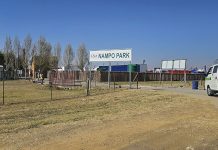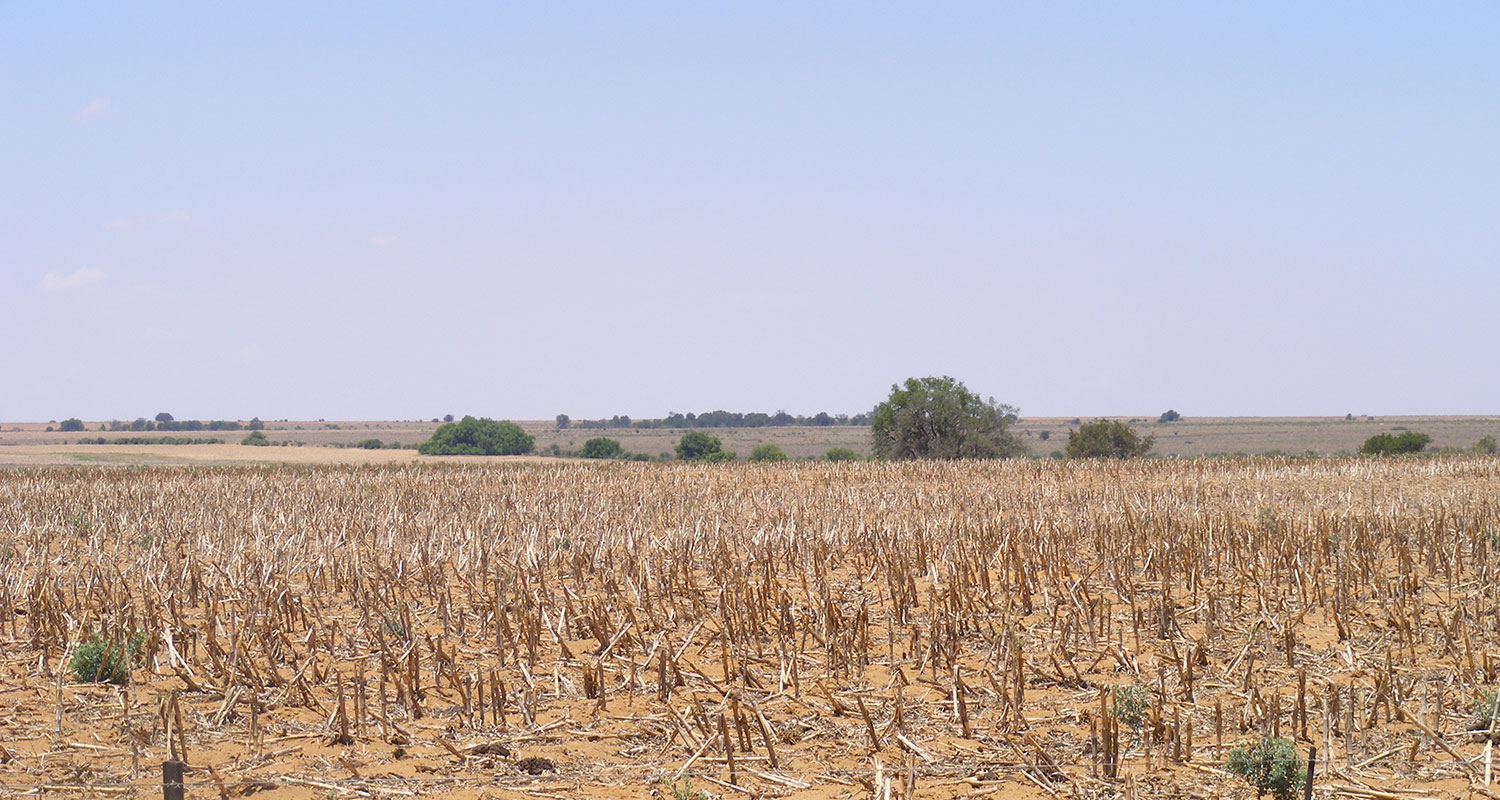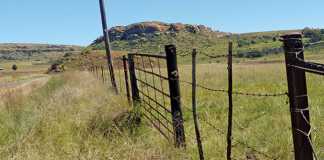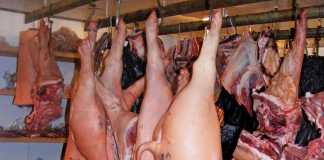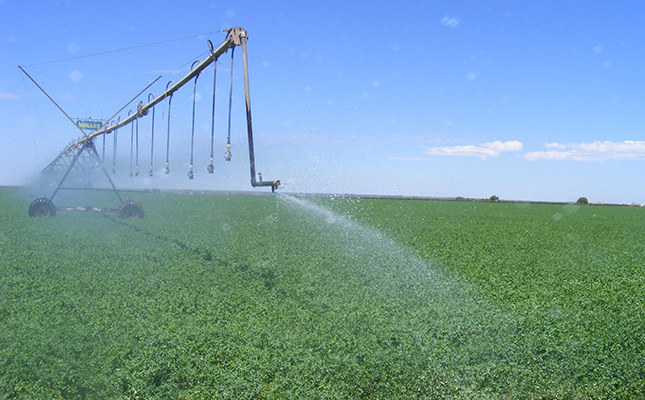
Photo: Annelie Coleman
Eskom’s proposed new pricing methodology is unjust and will penalise rural energy consumers and the agriculture sector.
This was according to Dr Jack Armour, Free State Agriculture’s (FSA) commercial manager.
He said that although the association agreed that Eskom’s current multi-year price determination pricing methodology was outdated and needed to be replaced by a fair and realistically priced system, this new system would prejudice farmers and rural communities.
FSA made a strong case for Eskom not to overcharge the agriculture sector at a virtual hearing held by the National Energy Regulator of South Africa (NERSA) on Friday, 5 November, he said.
FSA said at the hearing that the sector was already paying a split tariff. For example, the average farming household receiving power directly from Eskom paid a service and network capacity charge of over R2 500 per month for a small transformer, even before any power was used.
“One of our problems with the current consultation paper [for] a new price determination methodology that was published by NERSA is the fact that Eskom proposes a cost-reflective tariff.
“This means that consumers and farmers in deep rural areas will have to pay more for electricity than big industries situated closer to the source [of electricity]. This is unmerited and will obviously push up on-farm production cost considerably,” he told Farmer’s Weekly.
FSA suggested a much more transparent system than the current one, and called for the unbundling of Eskom into three components, namely generation, transmission and distribution.
According to Armour, such an unbundling would eliminate cross-subsidisation within Eskom, increase competitiveness, and have a positive impact on pricing.


